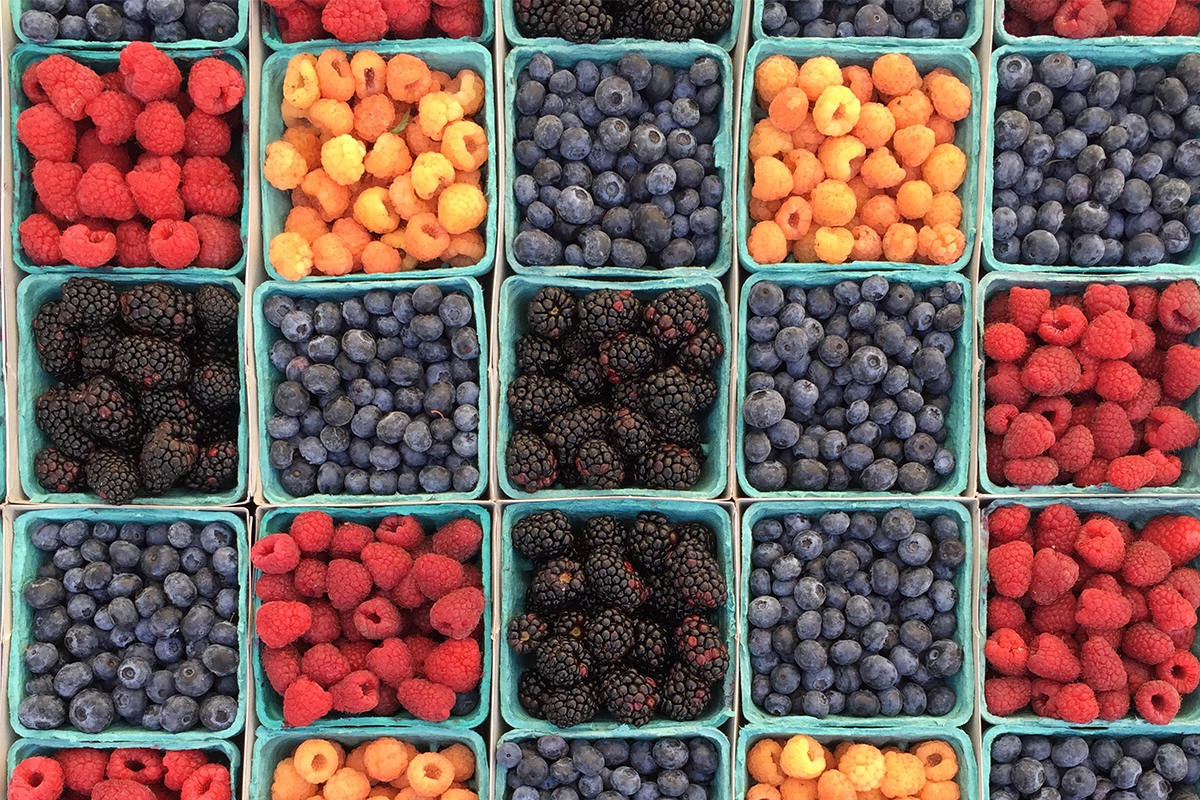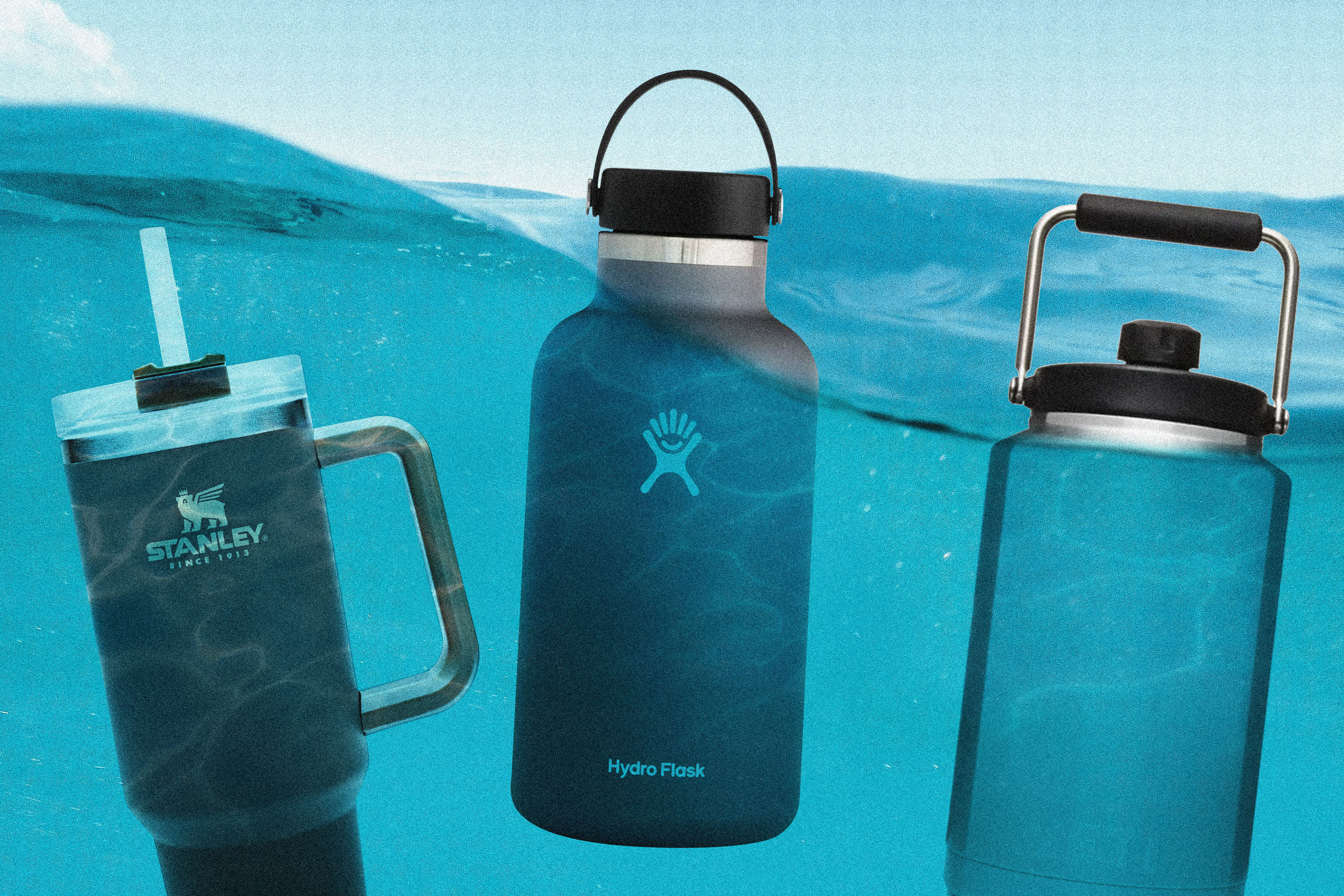Here’s a new(ish) phrase to add to your wellness lexicon: nutritional psychiatry.
In 2015, a team of researchers concluded that “the emerging and compelling evidence for nutrition as a crucial factor in the high prevalence and incidence of mental disorders suggests that diet is as important to psychiatry as it is to cardiology, endocrinology, and gastroenterology.” In other words — nutrition can have a big-time impact on mental health.
In the years since, studies have linked dietary support with improved responses to disorders like addiction, anxiety, ADD/ADHD, depression and schizophrenia. Even if you don’t suffer from a mental-health disorder, thoughtful fueling can work wonders for your mood. It’s ironic, given how much time, money and online research we devote to pills, powders and adaptogens, but the simple things you put in your fridge, pantry and stomach can make a massive difference in your health and happiness on their own.
So, how do you start? How are you supposed to know which foods will actually work? Focus on nutrient-packed foods.
In a recent profile for Bon Appetit, Lisa Ruland recommends: “Nutrient-packed foods — those filled with vitamins, minerals, antioxidants, fiber, pro- and prebiotics, and protein — while cutting way back on nutritionally ’empty’ foods.” More specifically, don’t mess with processed foods that are full of preservatives, fillers or artificial sweeteners. They A) literally depress your brain and B) trigger a damning loop effect, as your microbiome will teach itself to crave more.
Instead, eat “colorfully.” Your plate shouldn’t be a sea of caramel brown. Eat a variety of fruits, make vegetables the star of a meal once in a while, focus on proteins like salmon, tuna, shellfish, grilled poultry, grass-fed beef, cut back on caffeine and alcohol, turn to olive oil over butter, line your gut with yogurt, kimchi and sauerkraut, prioritize healthy snacking options like oats, nuts and seeds, and hydrate.
Ultimately, a bowl of almonds isn’t going to cure a mental-health disorder, or give you the best Tuesday ever. But embracing nutritional psychiatry will offer a steady supplement to your other proactive coping methods — medication, meditation, talk therapy — while encouraging all sorts of other healthy habits, like consistent exercise, good sleep and work-life balance.
The Charge will help you move better, think clearer and stay in the game longer. Subscribe to our wellness newsletter today.


















